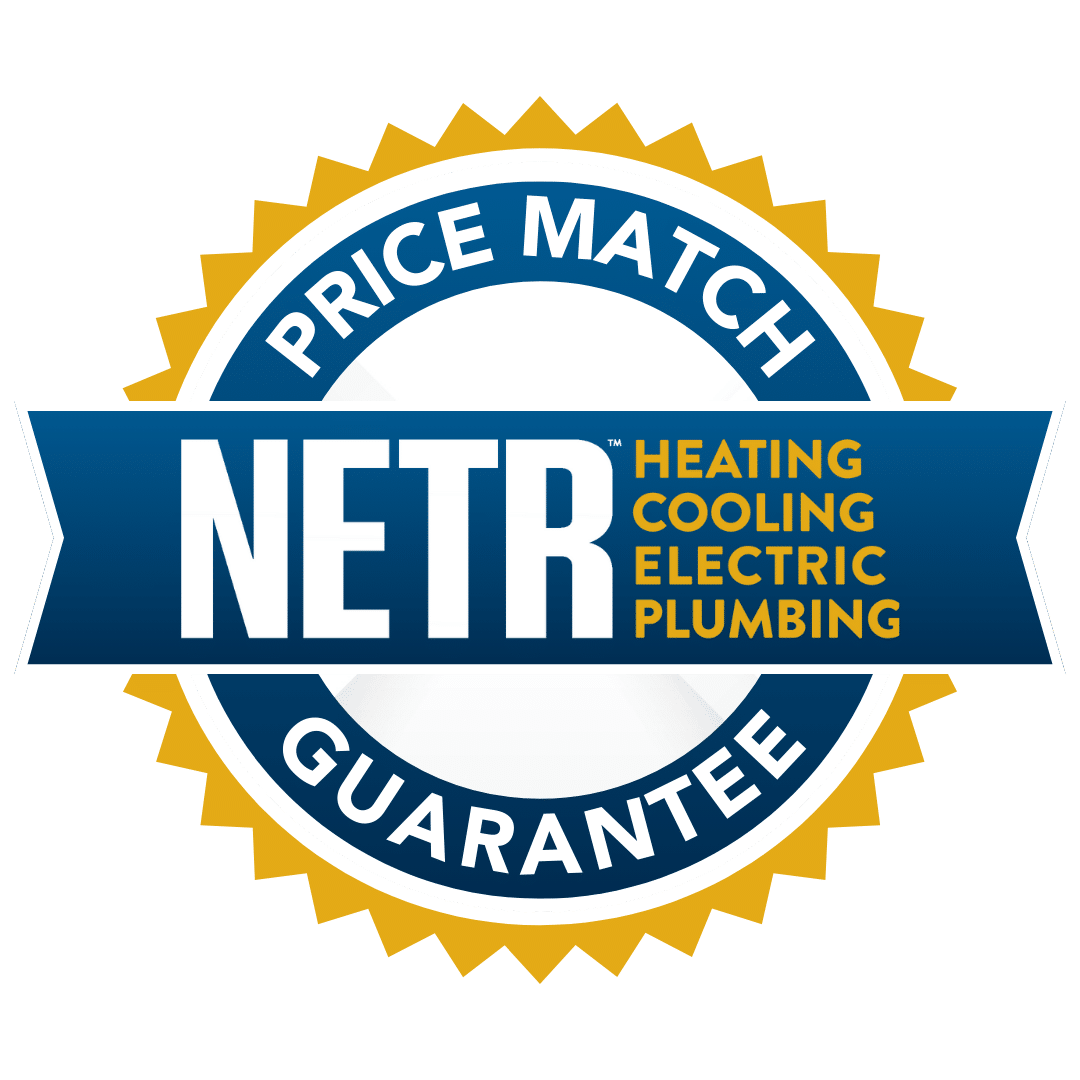Heat pumps have changed a lot over the years. Most notably, they have become more efficient and better suited to cold climates. Thinking about investing in a heat pump? Wondering if you should replace or augment your existing heating system? Curious about how heat pump technology has improved over the years? Here is what you need to know.
Improved Efficiency in Cold Climates
Heat pumps work by moving heat from one area to another. During the winter, they move heat from the outside into your home, but as outdoor temps drop, finding heat in the chilly outside air gets challenging. As a result, early generations of heat pumps were most efficient in temperate climates. The process of finding heat in excessively cold temperatures drove up costs because it simply took too much energy. As a result, people in cold, northern climates had to augment their heat pumps with other heating sources.
Over the last decade or so, new technology has eliminated that issue. With the addition of inverter technology, modern heat pumps can now work perfectly in cold climates. While the efficiency of older heat pumps started to wane when temps dipped below 40 degrees Fahrenheit, new heat pumps work efficiently in temps as low as -10 degrees Fahrenheit or even lower. As a result, during a cold winter month where temps hover around 0, you can now use a heat pump without incurring any additional costs.
Variable Speed Motors
One of the other main reasons new heat pumps are so efficient is because they have variable speed motors. Old heat pumps had single speed motors. Regardless of what else was happening, the motors always ran at the same speed. In contrast, new heat pumps vary the speed of the motor based on temperature, humidity, and other factors inside and outside your home.
As a result, the new variable speed motors increase comfort levels in your home because they avoid the drastic temperature changes you experience when the only options are on and off. Variable speed motors also use less electricity than older single speed motors. As an added bonus, when new heat pumps cycle on, you don’t hear a rush of air like you do with older models. Instead, the motor ramps up gently and quietly as needed.
SEER Ratings
Over the years, as efficiency has improved, heat pumps have earned higher (meaning more efficient) SEER ratings. If you have an old heat pump and you’re wondering if a new heat pump would be more efficient, find the SEER ratings of the two units. Then, divide the old heat pump’s rating by the new one’s rating.
For instance, if your current heat pump has a SEER 10 rating and the new one has a SEER 15, you take 10/15 which equals .667. When you turn that into a percentage, you find that the new heat pump is going to use 67% of the energy of your old one.
If you know how much you spend on electricity to run your existing heat pump, you can multiply that number by 0.667 to get an estimate of your new costs. Then, you can compare the long-term savings to the cost of buying and installing new equipment. If you’re currently paying for a lot of repairs on your existing equipment, you should also take those amounts into account.
Rebates for New Heat Pumps
Because of their improved efficiency, many new heat pumps qualify you for rebates or special no-interest financing through programs offered by Mass Save or other groups.
To learn more about the benefits of new heat pumps, contact us today. At N.E.T.R., Inc., we work with personal and business clients to make their spaces more comfortable, while saving them money on energy costs.


Jane Campbell says:
What model of air source heat pumps are the best we have been offered one by a company for free but need to pay a contribution of £1500 which started out at £3000then reduced. But how do we know what is a good model ? Thanks for any advice you can give
N.E.T.R. says:
We always recommend getting a consultation done before installing a heat pump system, as there are a variety of factors to deciding which model is the best for your situation. For manufacturers, Mitsubishi is among the best companies that produce heat pumps, and LG is close behind.